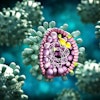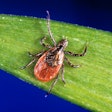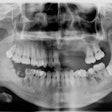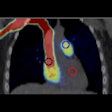Researchers at the Georgia Health Sciences University (GHSU) are using a $1.9 million grant from the National Institutes of Health to identify what causes Sjögren's syndrome.
Learning more about how the painful condition develops should improve diagnosis and treatment, according to the university.
Rafal Pacholczyk, MD, an immunologist in the GHSU Center for Biotechnology and Genomic Medicine, and colleagues are studying mouse models to determine how the immune system begins to attack saliva, tear, and other moisture-producing glands.
Sjögren's blocks receptors that activate one or more of these glands, impeding messages from the brain to make tears or saliva. Gland cells also can be destroyed. A key question is which immune cells are to blame. Still unidentified genes likely increase disease risk, and environmental factors such as an infection may trigger the disease, the researchers noted.
Sjögren's often coexists with other autoimmune diseases such as lupus, which can cut a wider, more destructive path across the body. Current therapies include medication to increase moisture production by cells that still function. Therapy to suppress the immune response also can help, but risk other medical problems, including infection and cancer.
Diagnostic tests include measuring tear and saliva flow, as well as detecting autoantibodies that attack the glands and a gland biopsy to detect cell destruction.



















